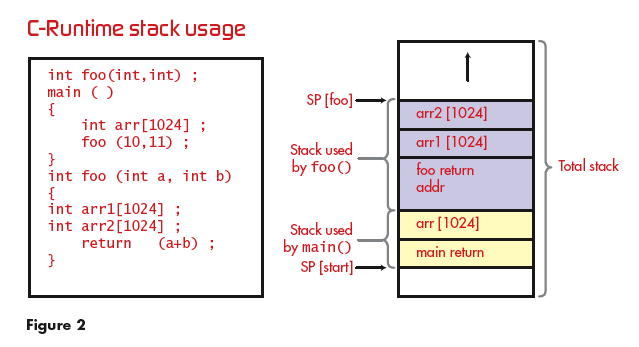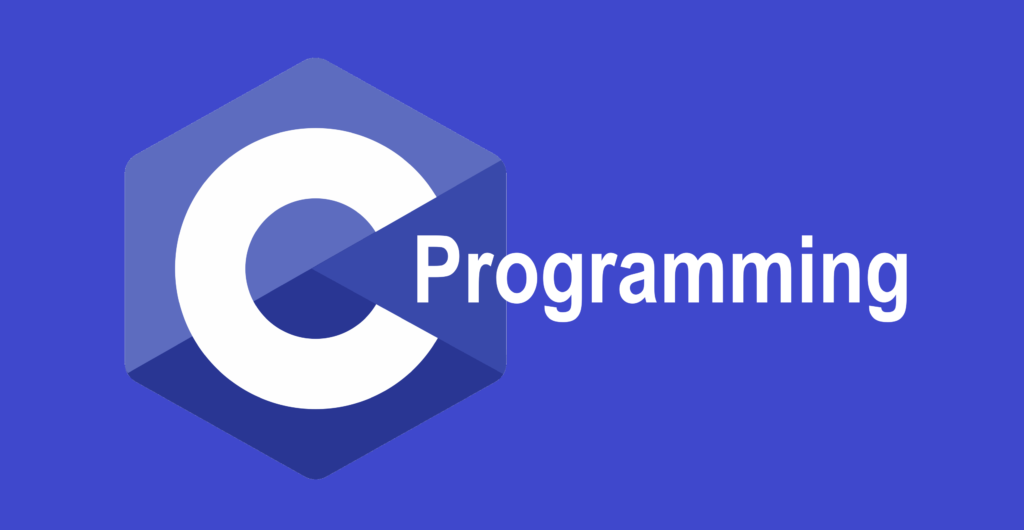Returning References to Local Variables from a Function in C
In C programming, you might have encountered the limitation where you cannot return references to local variables from a function. This is due to how memory is managed in C, particularly with respect to the stack and heap. Let’s delve into the details and explore how we can work around this limitation.
Understanding Memory Management in C
In the realm of runtime memory allocation, C primarily operates with two types of memory: the stack and the heap.
Stack
The stack is managed automatically during the program’s execution and is responsible for storing local variables and function arguments. When a function is called, its local data and arguments are stored in the stack. However, once the function completes and returns, these local variables are removed from the stack, making the stack a volatile memory space.

Heap
On the other hand, the heap is a memory area where data can persist beyond the scope of a function. Memory allocated on the heap remains available until it is explicitly deallocated. This is why we can return pointers to memory allocated on the heap.
Returning Pointers to Local Variables
While you can’t return references to local variables stored on the stack, you can return pointers to dynamically allocated memory on the heap. Here’s a simple example demonstrating this:
#include <stdio.h>
#include <stdlib.h>
int* allocateNumber() {
int* num = (int*)malloc(sizeof(int));
*num = 42; // Assigning a value to the dynamically allocated memory
return num; // Returning the pointer to the heap-allocated memory
}
int main() {
int* result = allocateNumber();
if (result != NULL) {
printf("Value returned: %d\n", *result);
// Don't forget to free the dynamically allocated memory
free(result);
}
return 0;
}
In this example, the allocateNumber function dynamically allocates memory on the heap for an integer, assigns a value to it, and returns the pointer to that memory. The calling function (main in this case) receives the pointer and can access the value. Just remember to free the dynamically allocated memory to prevent memory leaks.
Conclusion
Understanding the distinction between the stack and heap memory is crucial in C programming, especially when dealing with returning variables or pointers from functions. While you can’t return references to local variables from the stack, utilizing dynamically allocated memory on the heap allows you to return pointers to data that persist beyond the scope of a function. Always manage memory appropriately to ensure efficient and robust C programs. Feel free to refer to this blog post for further insights into memory management in C.
Please feel free to comment in case of any mistakes or if you have further questions. Your feedback is valuable!


